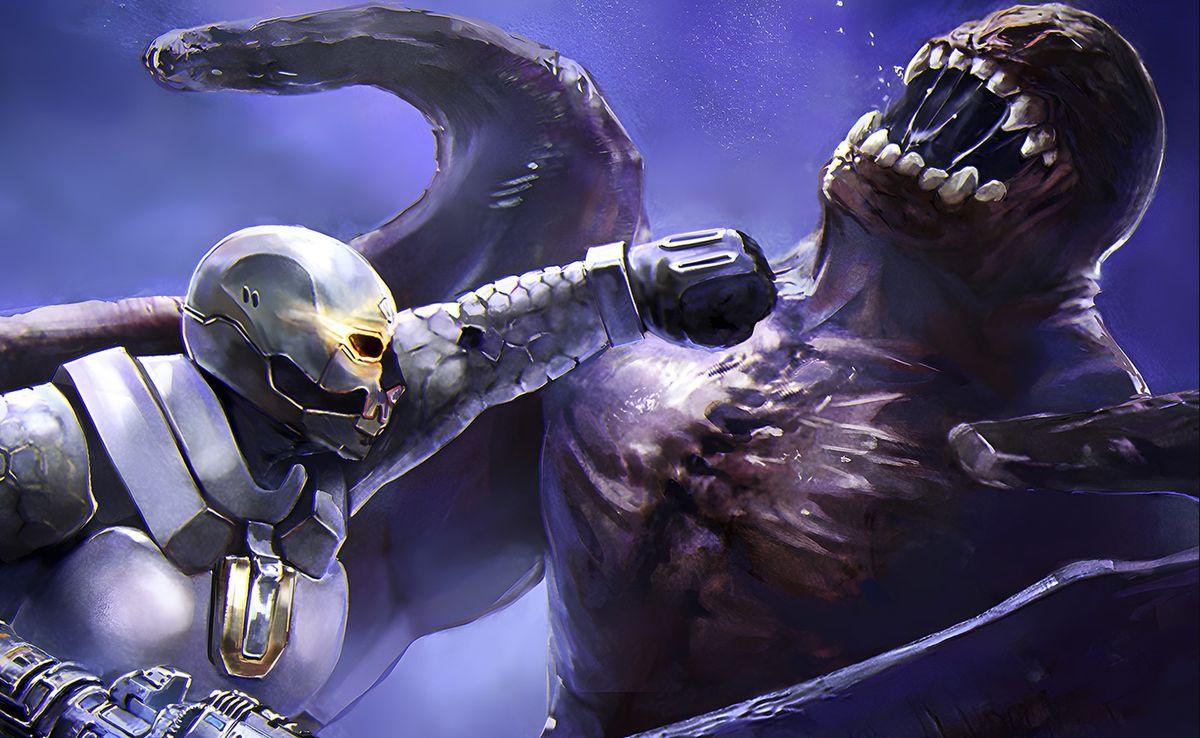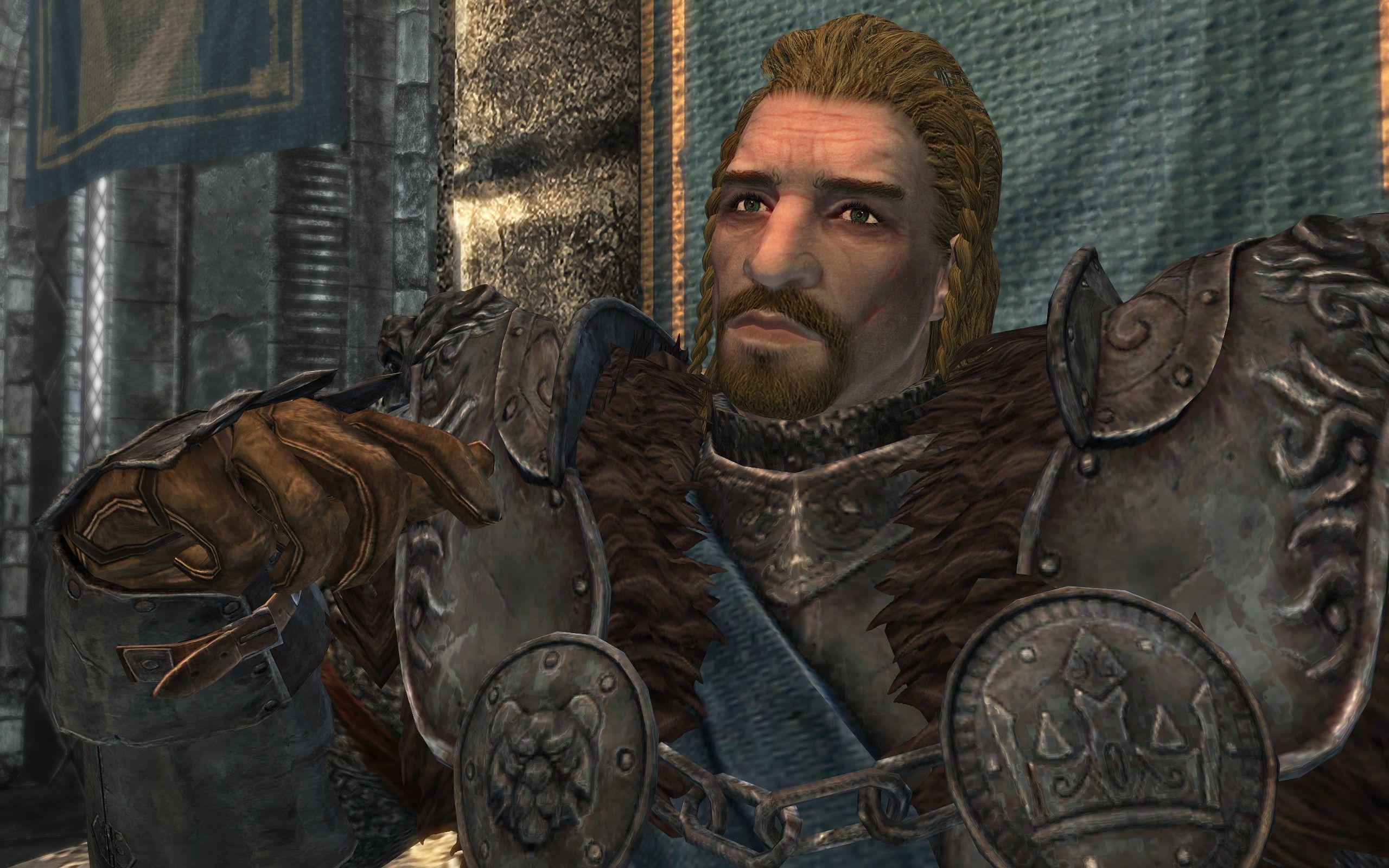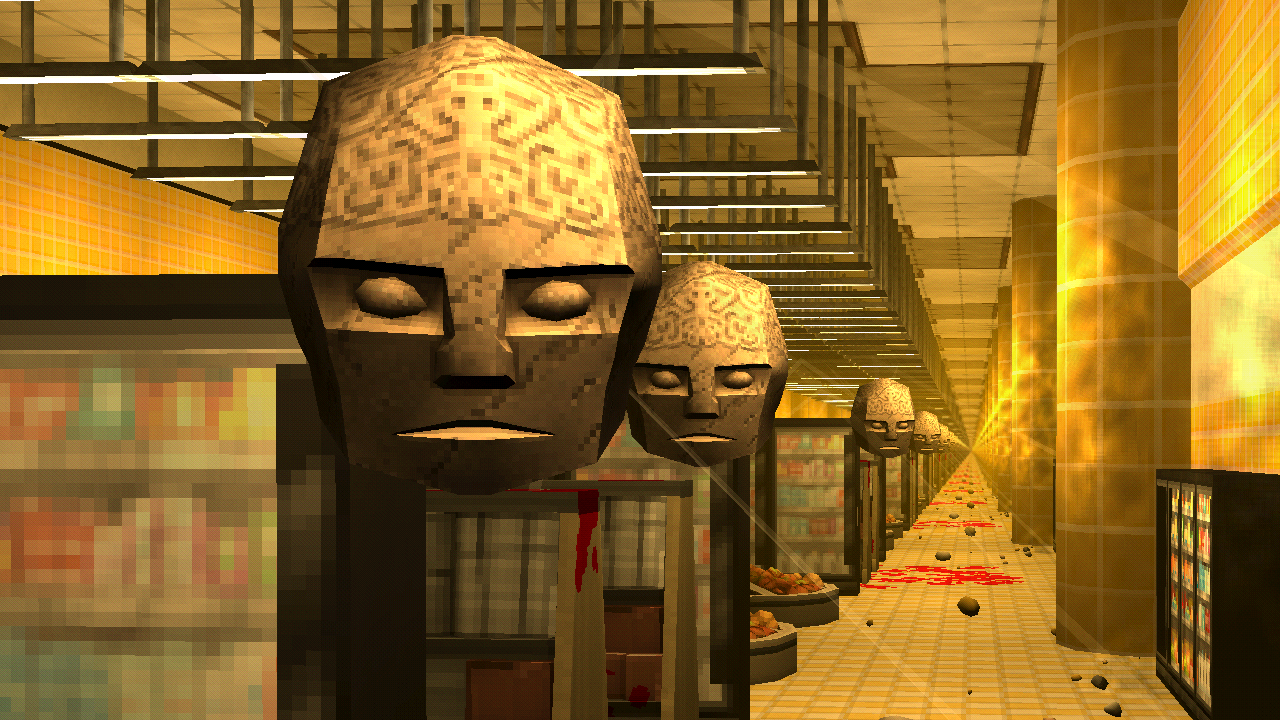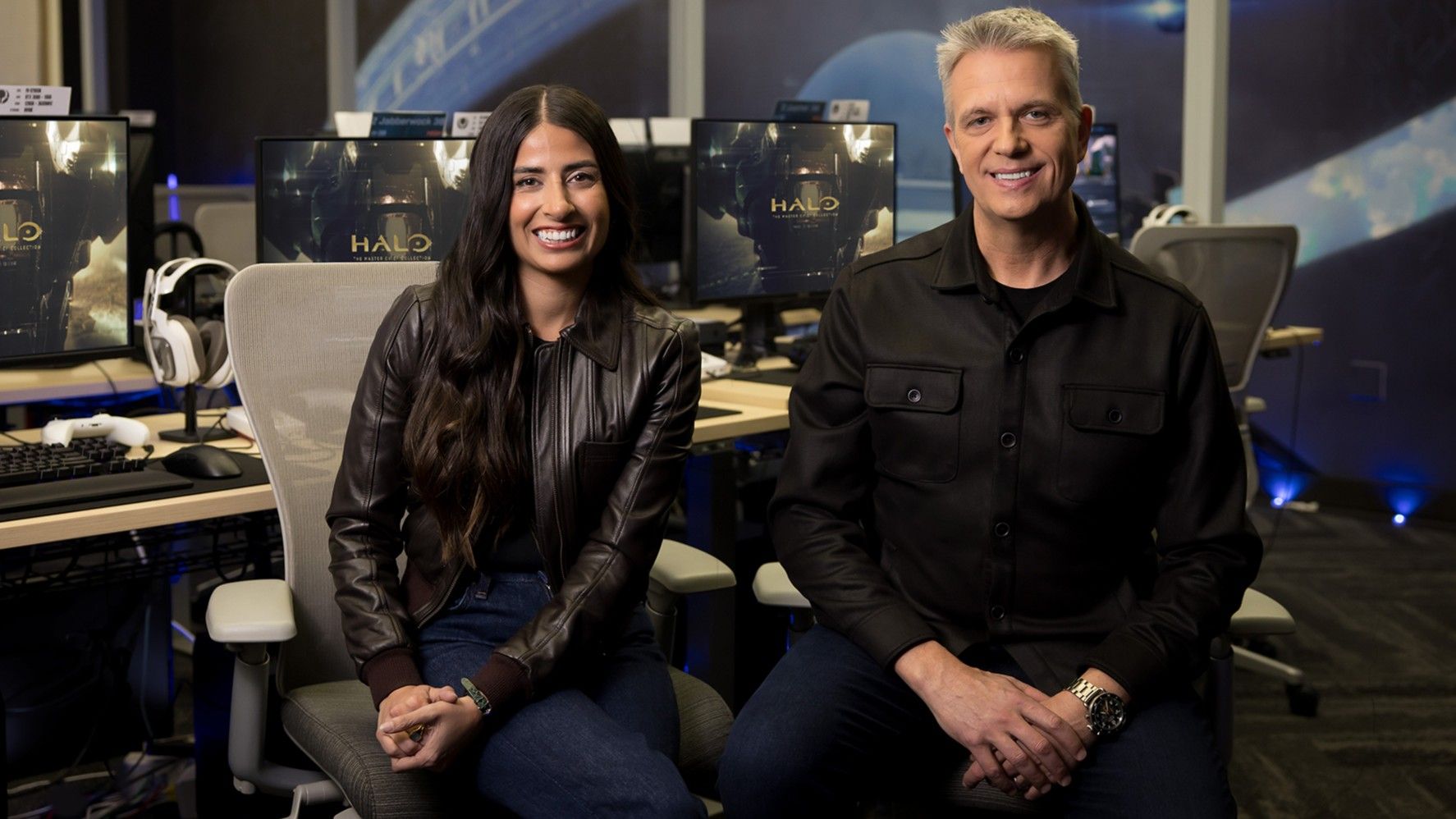A whole lot of PC indie gaming seems to boil down to “if the big dogs won’t make the kind of game I like anymore, I guess I’ll just do it myself.” My favorite result of this impulse has been the thriving “boomer shooter” scene, with gutsy solo devs or small teams remixing old favorites and offering whole new spins on the timeless concept of “angry slippery man with a gun let loose in a maze full of enemies.”
Angry slippery man with a gun let loose in a maze full of enemies
I’ve collected some of my favorite retro indie shooters of the past year, as well as continuations of old favorites, and some pointers on getting started with source ports of classic FPSes.
Cultic (opens in new tab)
Jasozz Games, $9.99 on Steam
This debut from Jasozz Games was the perfect Halloween treat, but its superb level design and crunchy shooting are welcome year round. Cultic most closely resembles Monolith’s 1997 classic Blood, but I also detect a lot of Resident Evil 4’s DNA here in the more grounded weapon selection, autumnal color palette, and some of its encounter designs.
There were sequences where I was clearing a village house-by-house or sniping guys from rickety bridges over a canyon that made me think I was in Spai—I mean, a “lonely and rural part of Europe.” Cultic’s also a real bargain, with $10 down netting you a ~six hour first episode that already feels like a full campaign, not to mention the promise of more on the way.
Dreamwild (opens in new tab)
Fading Club, $7.99 on Steam
Dreamwild has one of my favorite art styles of any game I’ve played this year. Its point-and-click adventure portions resemble the best of the best of those surreal, dreamy ’90s render packs, while its horde mode arenas translate that look into a crispy, Quake-era software-rendered look.
I found Dreamwild surprisingly affecting emotionally as well, with a well-sketched supporting cast and confoundingly good soundtrack (think low-fi synth beats to wander the psychic wastes to.) This solo-developed gem will only run you $8 ($6.39 until January 5.)
David Szymanski, $4.99 on Steam
Pure arcadey shooter bliss. Chop Goblins is the latest creation of Dusk dev David Szymanski, building on Dusk’s anarchic sense of humor, with the titular lovable bastards invading all of time and space. It has five levels ranging from a Greek temple to Dracula’s castle and an advertised half-hour runtime, but thanks to a combo-scoring system with a global leaderboard and ample boomer shooter level secrets, Chop Goblins boasts a lot of replayability.
This game also has one of the best quick melees I’ve ever seen in an FPS, seriously. You get a knife stab that feels as cheeky and rude as the rest of the game, and it’s spammable in the same way classic FPS melee weapons like Gordon’s crowbar or the Doomguy’s punch are. You can keep it up while reloading too, making it eminently useful to keep up the pain while setting up another shot for your flintlock pistol.
Prodeus (opens in new tab)
Bounding Box Software, $24.99 on Steam and GOG (opens in new tab)
Basically, imagine a high quality, classic-style FPS campaign with sprite-based enemies and weapons, but also crammed with as many Xbox 360-era normal maps and particle effects as possible. It reminds me a lot of the Xbox Live remasters of the Marathon trilogy, but executed far better and to a deliberate end.
Prodeus almost feels like a playful de-make of Doom Eternal aesthetically, but it has a more fully traditional level design sensibility than the Doom remakes’ “sequence of discrete arenas” deal. The shooting and exploration is very well-executed, but the visual spectacle alone is well-worth a look. Prodeus also comes with a robust map editor, an entry point into its own modding ecosystem.
Second Acts: Hrot (opens in new tab), Turbo Overkill (opens in new tab), and Ultrakill (opens in new tab)
Three of my favorite shooters got early access continuations this year, with more on the way in 2023. Hrot, the beigey-brown FPS set in Soviet Czechoslovakia, got a knockout second episode that includes gothic castles and dark, pagan countryside. Ultrakill’s act two saw the addition of layers Wrath and Heresy alongside killer new bosses, while cyberpunk chainsaw shooter Turbo Overkill now has a sick grappling hook thanks to its episode two. All three of these in-progress FPSes usually go for $20 on Steam.
What the heck is a source port anyway?
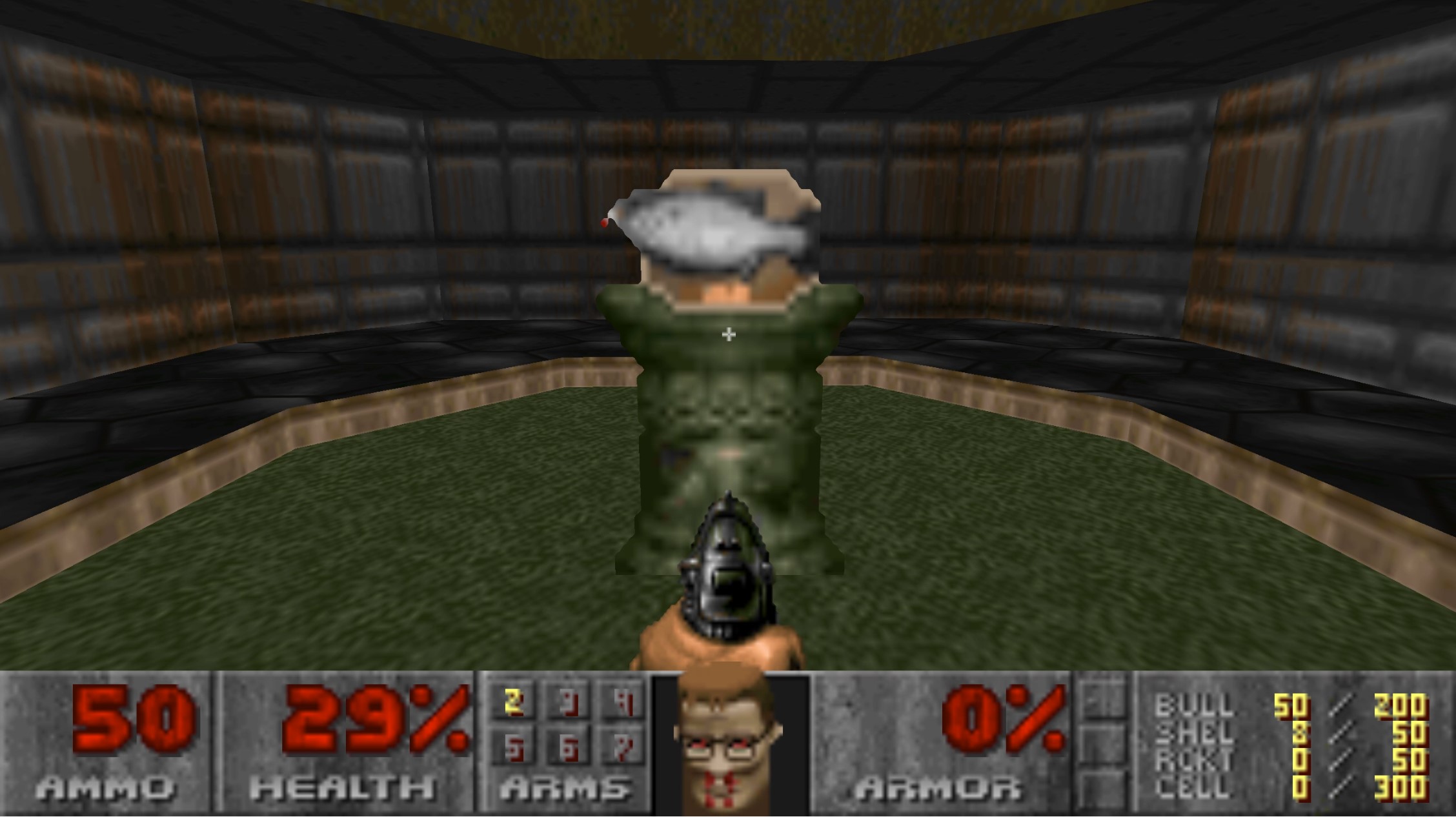
I’m glad you asked. These fanmade reverse engineerings of classic shooters enable modern quality of life additions such as mouselook and high-res rendering, as well as easier creation and implementation of user-made content. Doom’s modding scene is the granddaddy of them all, centered around excellent source ports like ZDoom (opens in new tab), and you can check out Doomworld’s 2022 Cacowards (opens in new tab) to find the best new campaigns and levels of this year.
The classic Star Wars shooter Dark Forces just got its own full source port for the first time thanks to the Force Engine (opens in new tab), and Bungie’s classic FPS trilogy Marathon has been fully free and open source for years thanks to Aleph One (opens in new tab) (be sure to check out the excellent recent total conversion, Apotheosis X (opens in new tab)).
You’ll still need files from a retail copy of Doom or Dark Forces, but once you do, running the classic campaign or a fan creation is a snap. The Force Engine autodetects your Dark Forces install directory, while GZDoom (the most recent edition of ZDoom) just has to have a copy of the retail game’s master WAD in its folder to work properly.

